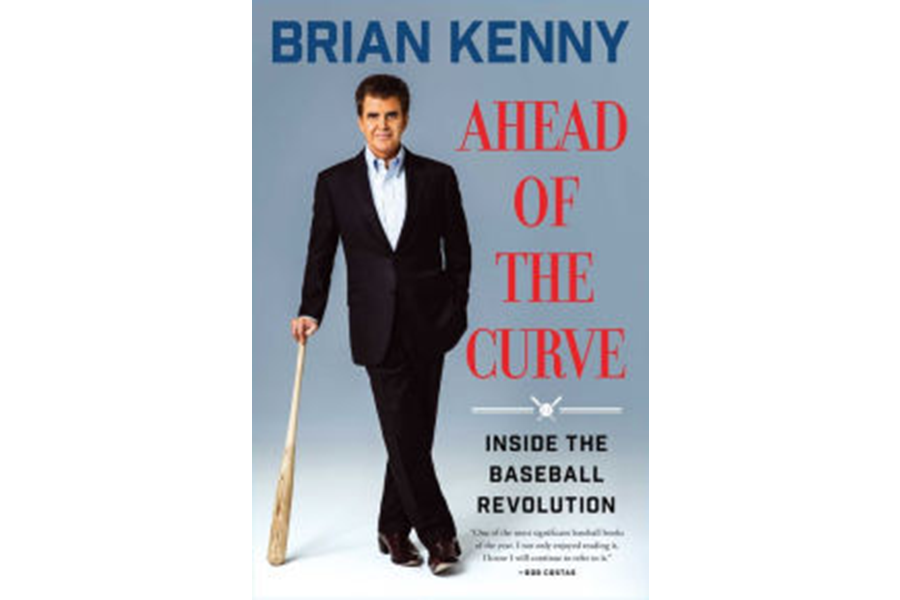Baseball traditionalists who prefer the old ways of doing things won’t find an ally in Brian Kenney. He is considered one of the foremost proponents of statistical analytics on television, where he serves as the outspoken host and commentator on the MLB Network. His views are hardly predictable, however, as when he questions placing an overemphasis on pitchers who notch “saves” over more all-purpose bullpen “firemen.” Whether you agree with him or not, Kenney keeps things interesting, as you might expect of someone who once advocated knuckleball academies and replacing managers with a “managerial staff.”
Here’s an excerpt from Ahead of the Curve:
“Hall of Fame debates endure because they trigger so many of the things we love about baseball. They engage our opinions and memories, mixing analysis with nostalgia. A Hall of Fame discussion sharpens our focus on a particular player and period of time. The world, even the world of baseball, is wide and complex. Taking on too much information is distressing. Arguing the merits of one particular player allows us to satisfy the part of ourselves that wants to make sense of our world.
“A Hall of Fame debate snaps things into instant focus. Asking if Alan Trammell is a great player doesn’t yield an interesting or focused response. Asking if Alan Trammell is a Hall of Famer, however, ignites a whole new thought process that invites inquiry and comparison. The decision on Trammell quickly brings Cal Ripken Jr. into the debate. Then Barry Larkin. You start to go back in time – how does he stack up against Luke Appling, Lou Boudreau, Joe Cronin? The history of baseball unfolds before you, but in a sliver thin enough for you to comprehend and analyze. This is the staying power of the Hall of Fame debate.”







